
Juneau’s climate change solutionists: preserving wetlands and peatlands with Koren Bosworth
While the rest of the world celebrated World Wetlands Day on February 2nd, we in Juneau might wonder if every day is wetlands day, especially when venturing off a developed trail.
We are lucky for it. Our spongy ground might be inhospitable to tromping and building, but it performs a service arguably more important than recreation or development: carbon sequestration.
Juneau’s peatlands and wetlands are carbon sinks, complex biomes that trap carbon in an anaerobic environment, slowing the decomposition of organic material. Coastal wetlands can store five times as much carbon as a tropical forest over time; peatlands store ten times more carbon than other kinds of ecosystems…
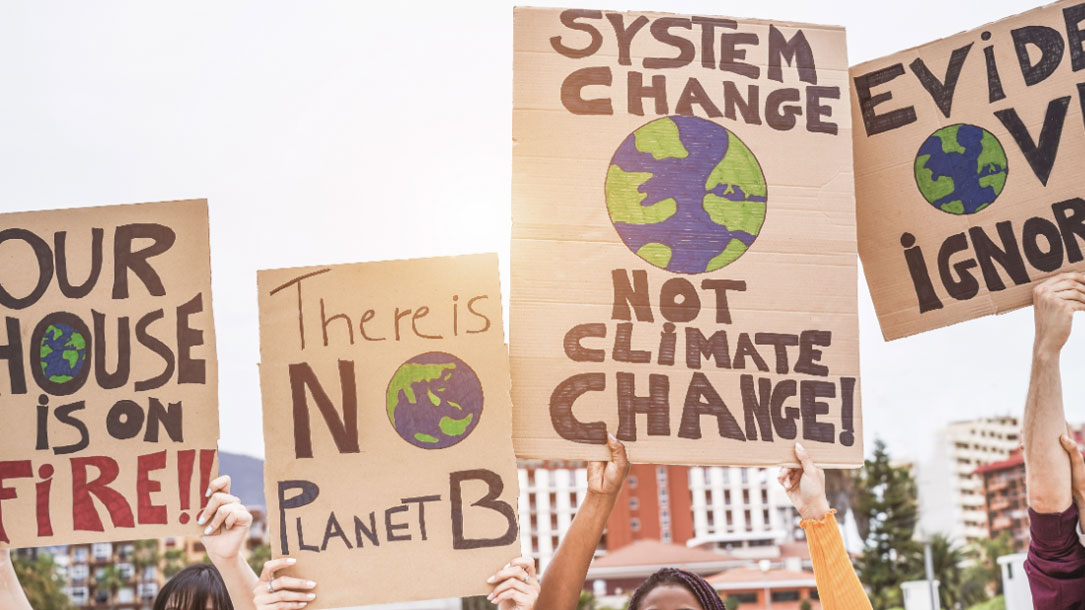
Black Lives Matter in the climate movement
We have come to a time when the United States is having yet another reckoning with racist institutions that have pervaded since its founding. Corporations, sports teams, and brands alike have been publicly re-evaluating their policies to declare how they stand with the Black community.
While preliminary policy changes are a start, what is really needed is a more thorough investigation of what it means to be anti-racist. Especially for corporations, anti-racism should also be incorporated into climate change mitigation efforts. While it may seem that climate change activism has taken a backseat in light of the COVID-19 pandemic and the Black Lives Matter Movement, how we address these issues can help forge a path forward for the climate movement…
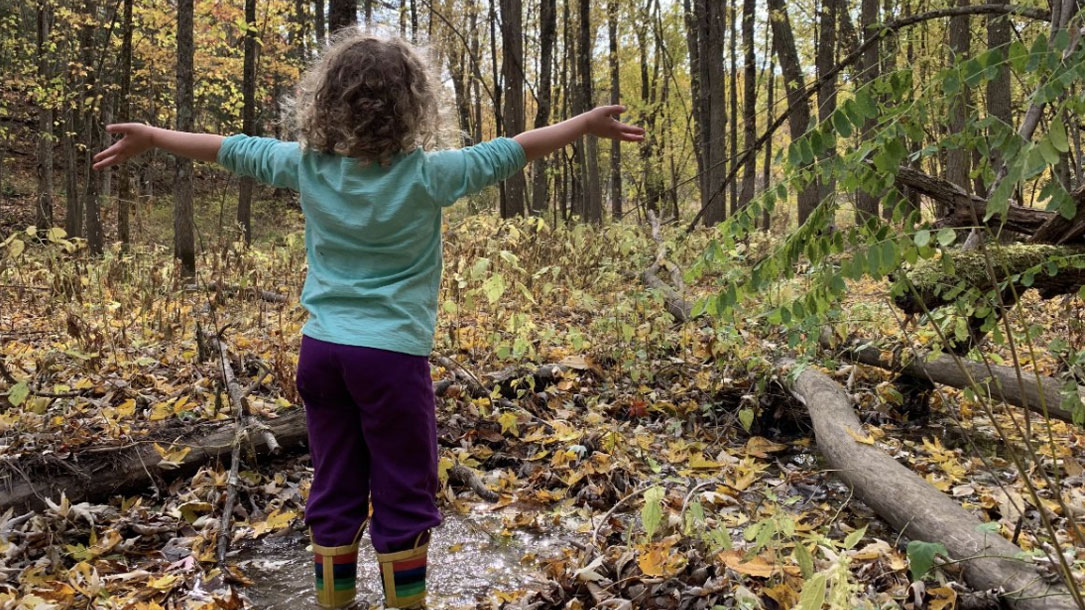
They’re climate scientists. They’re mothers. Now they’re joining the battle to get Americans to act
“Those of us who understand climate change are disappointed by gridlock on the issue,” said Emily Fischer, a climate scientist at Colorado State University, who narrated the 90-second spot featuring her daughters enjoying the outdoors. “The goal of Science Moms is to push through that—to reach directly to mothers and let them know this is a threat to their kids. The kids they make sandwiches for, the kids who crawl into their beds at night, the kids who drive them crazy sometimes. To those kids. Not someone else’s kids…”
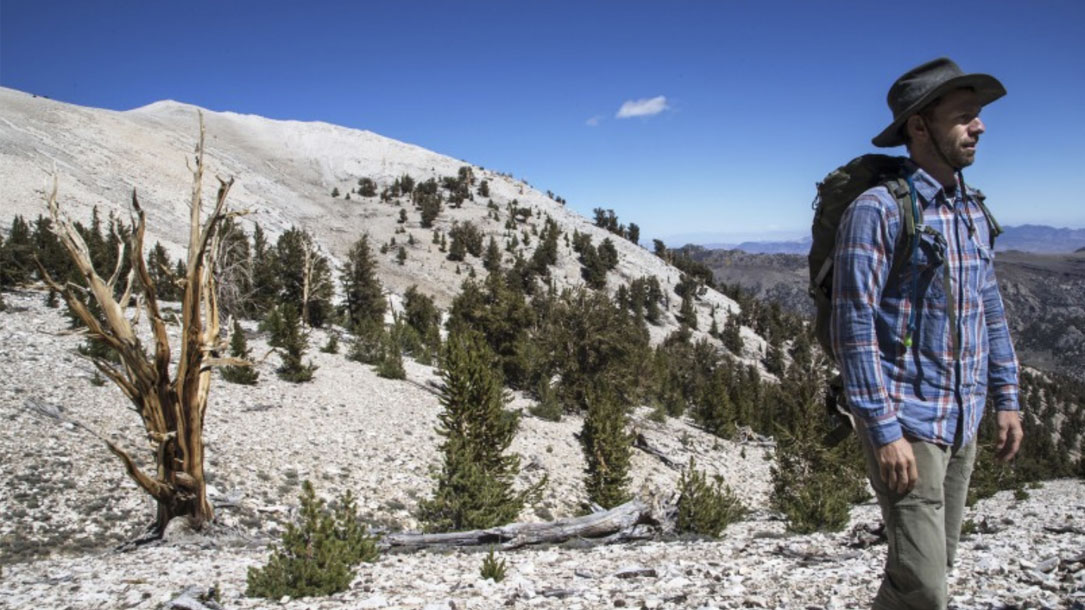
UC becomes nation’s largest university to divest fully from fossil fuels
The University of California announced…that it has fully divested from all fossil fuels, the nation’s largest educational institution to do so as campaigns to fight climate change through investment strategies proliferate at campuses across the country.
The UC milestone capped a five-year effort to move the public research university system’s $126-billion portfolio into more environmentally sustainable investments, such as wind and solar energy. UC officials say their strategy is grounded in concerns about the planet’s future and in what makes financial sense.
“As long-term investors, we believe the university and its stakeholders are much better served by investing in promising opportunities in the alternative energy field rather than gambling on oil and gas,” Richard Sherman, chair of the UC Board of Regents’ investments committee, said in a statement…

Beer and crisps used to help tackle climate change
The much-loved combination of beer and crisps is being harnessed for the first time to tackle climate change.
Crisps firm Walkers has adopted a technique it says will slash CO2 emissions from its manufacturing process by 70%.
The technology will use CO2 captured from beer fermentation in a brewery, which is then mixed with potato waste and turned into fertilizer…
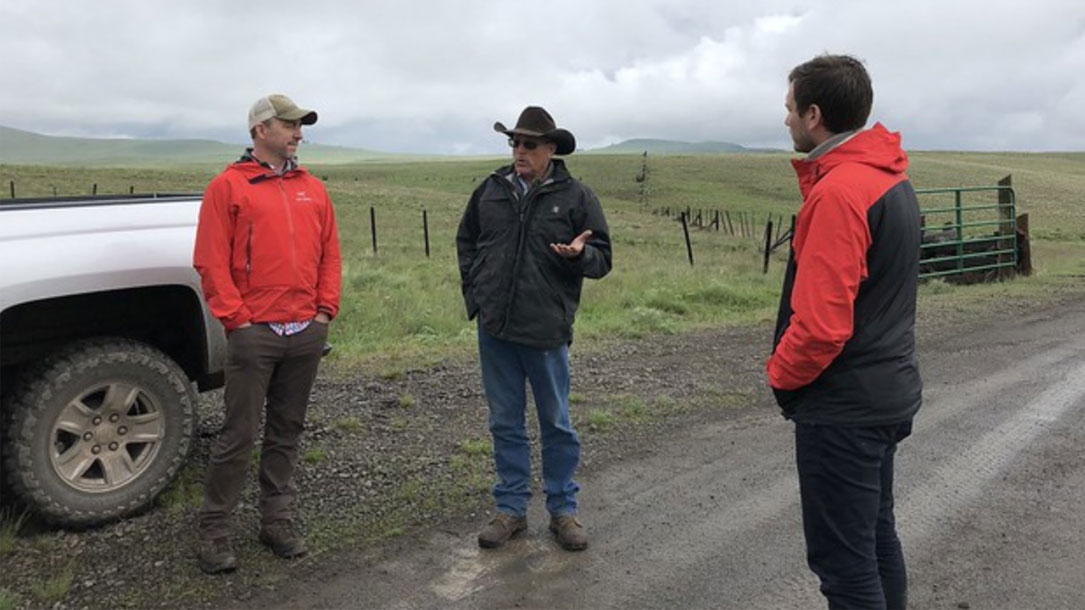
New revenue option for ag producers to yield attractive returns
Oregon ranchers Dan and Suzy Probert grow cattle and healthy soil. And with the help of Farm Bill programs, they’re protecting the Lightning Creek Ranch from development as well as finding new revenue options like carbon trading markets…
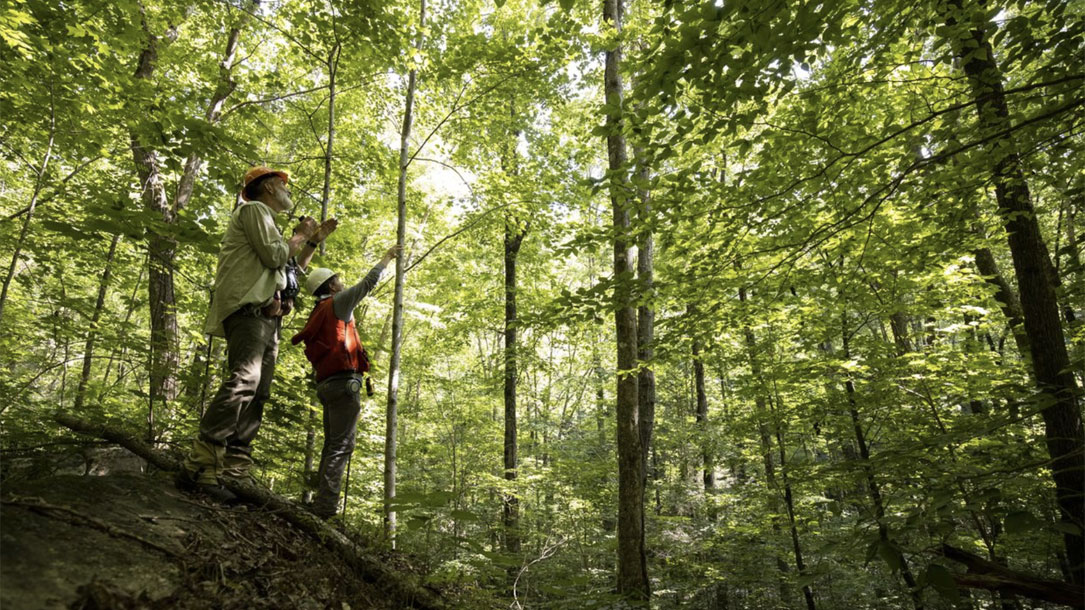
Preserving trees becomes big business, driven by emissions rules
Finite Carbon is North America’s leading developer and supplier of forest carbon offsets.
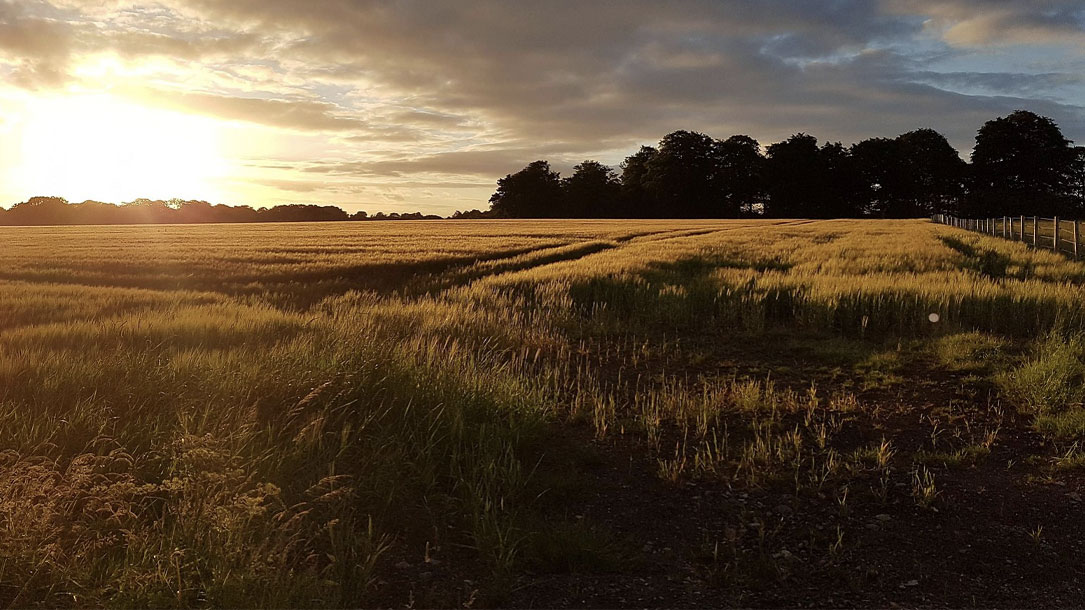
Smart Solar Siting for New England: free webinar series
Join American Farmland Trust, Acadia Center, Conservation Law Foundation, Vote Solar, and Vermont Law School for a four-part webinar series, as we share outcomes from our joint two-year project seeking to reduce conflicts over the siting of solar facilities…
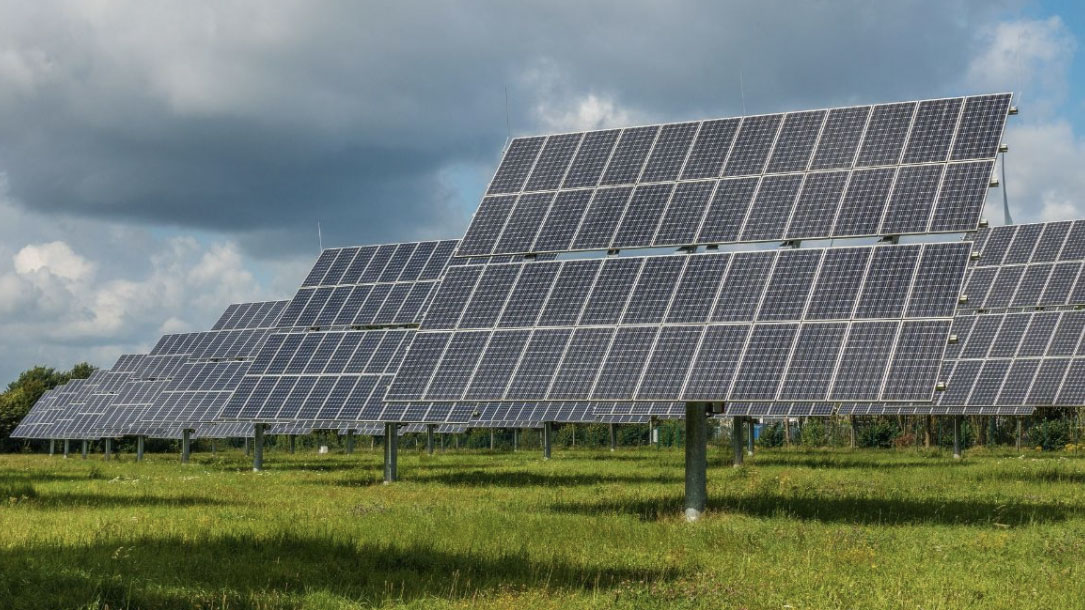
Want to get involved with solar grazing?
he American Solar Grazing Association (ASGA) was founded to promote grazing sheep on solar installations.
ASGA members are developing best practices that support shepherds and solar developers to both effectively manage solar installations and create new agribusiness profits…

Making the change: breaking our fossil fuel habit
An iceburg melts in the Arctic; saltwater seeps into the Florida Everglades, the sun bakes a lakebed in Bolivia, trees die in the mountains of Germany, and bush fires sweep across southwest Australia. Although thousands of miles apart, these events are connected: they have all been intensified by climate change primarily caused by our burning of fossil fuels. Since ancient times, humans have burned wood, peat, and oil for heating, cooking, and light. In the U.S., as elsewhere, coal powered the industrial age until the discovery of vast amounts of underground petroleum in the mid-19th century. American industrial might was built on energy derived from fossil fuels—the decomposed remains of plants and animals found in the Earth’s crust. These fuels contain carbon and hydrogen, and it is carbon that is the problem.












